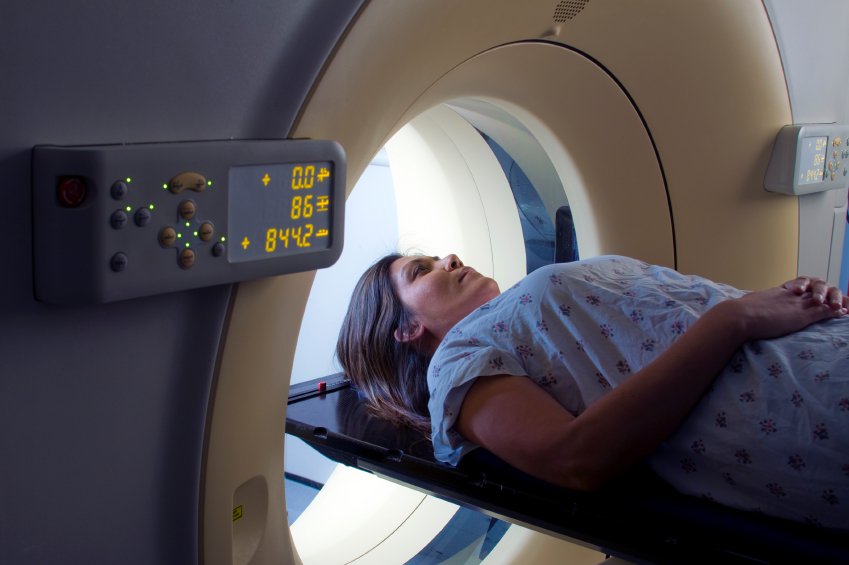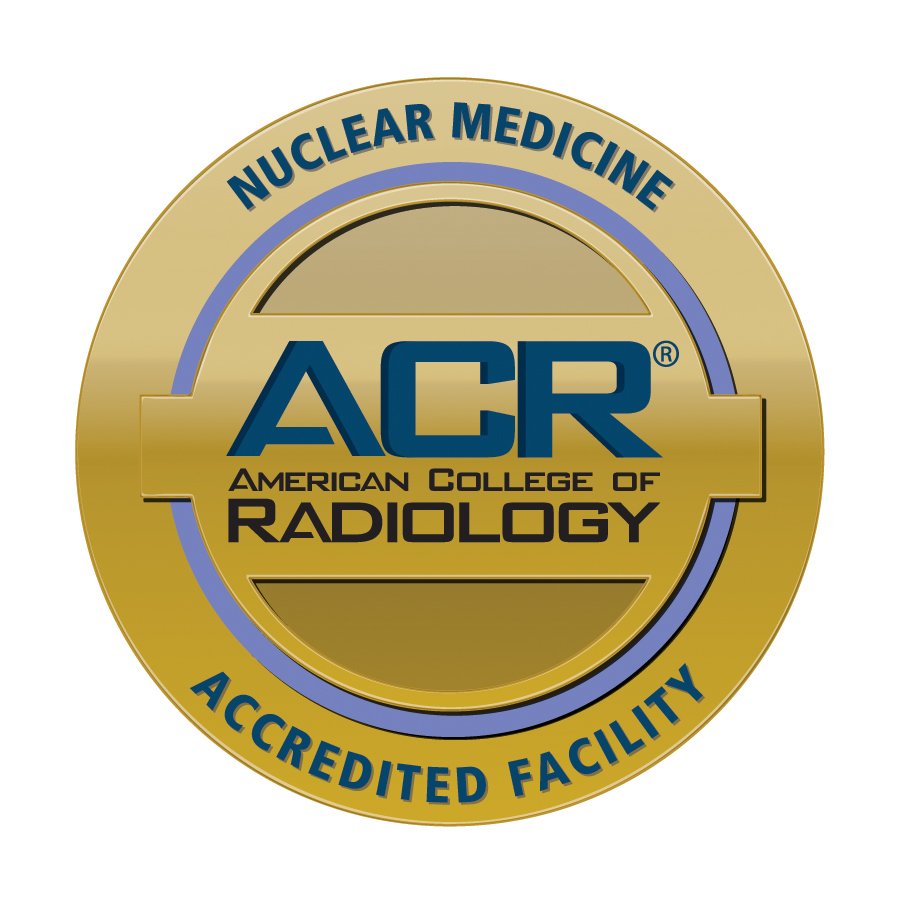Nuclear Medicine Scan

If your doctor needs to see how healthy your organs and bones are, he or she may recommend a nuclear medicine imaging procedure.
What Is Nuclear Medicine?
Nuclear medicine tests are painless and noninvasive. They use special cameras and small amounts of radioactive tracers to reveal the structure and function of your organs, bones and tissues. These imaging procedures may help your doctor detect disease early, determine its progression or monitor your response to treatment.
Accreditation Means Excellent Care

Owensboro Health locations are accredited in nuclear medicine imaging procedures by the American College of Radiology (ACR), which means you benefit from:
- Thorough measures to ensure your test is performed correctly and leads to accurate results
- Highly qualified staff
- Up-to-date technology
Accredited Locations
Choose a location that’s accredited in the type of test you need:
- General Nuclear Medicine (planar imaging) – Owensboro Health Regional Hospital, Outpatient Imaging – Springs
- SPECT (single photon emission computed tomography) – Outpatient Imaging – Springs
- Nuclear Cardiology Imaging – Owensboro Health Regional Hospital
Preparing For A Nuclear Medicine Scan
You may need to stop eating, drinking and/or taking certain medications several hours before your test. Your care team will provide instructions based on your specific exam.
Tell the technologist who administers your test if you:
- Have had a nuclear medicine test before
- Have ever had surgery
- Are allergic or sensitive to any substances or drugs
- Are pregnant or nursing
If you have questions about preparations, call our 24-hour health information line at 877-888-6647.
Two-Step Procedure
Your nuclear medicine procedure happens in two parts. First, a medical professional will inject a radioactive tracer into your bloodstream or ask you to swallow or inhale the substance. Depending on the test you’re taking, you’ll wait anywhere from a few minutes to a few days while the tracer accumulates in the part of your body being studied.
When it’s time for your imaging procedure, you’ll be asked to hold very still while a special camera takes pictures. Depending on the type of test you’re getting, the camera may rotate around you, or you may be asked to change positions between pictures. Or, your technologist may pass a hand-held probe over your body.
In most cases, you can return to your normal activities after your nuclear medicine procedure. You should drink plenty of water to flush the tracer from your body.